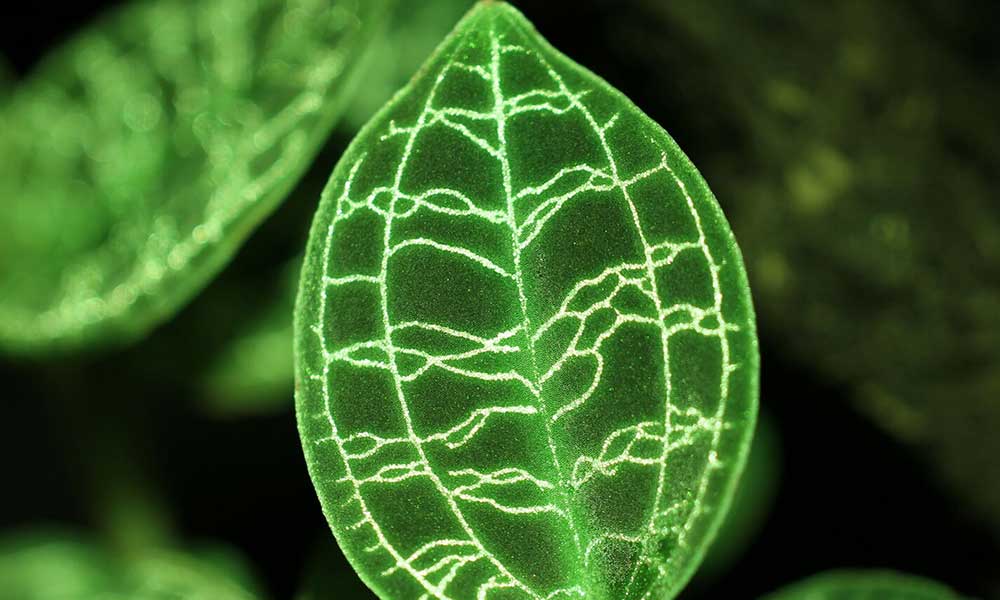Sun, wind, and water instead of coal and oil: what could a sustainable energy system that relies on renewable energy look like? Jülich scientists show how the climate transition can be improved, sped up, and made more economical.
It is one of the biggest challenges facing society: in order to mitigate the consequences of global warming, the global community must drastically reduce its CO2 emissions. And rethink the energy system from the ground up. Jülich scientists are developing pioneering solutions for this mammoth task. For example, solar cells from the printer, which are cheaper and more environmentally friendly than their classic counterparts. Or battery storage systems that go beyond previous performance limits. In this way, they are paving the way for a successful energy transition. Innovative, smart, practical.

The undeniable effects of climate change and the urgent need for energy security make it clear that the energy transition must be accelerated, and Forschungszentrum Jülich is very well positioned for the future with its outstanding solar and hydrogen research.
Engine of the energy transition
Hydrogen plays a key role. The gas has tremendous potential when it comes to green energy supply. One idea is to use it to store renewable energy – meaning that electricity would flow from the socket even when solar systems are in the dark or wind turbines are not turning because there is no wind. It could also be used as an alternative fuel to power cars, trains, and ships or it could serve as a sustainable raw material for the chemical and steel industries. Researchers at the Helmholtz Cluster for a Sustainable and Infrastructure-Compatible Hydrogen Economy – HC-H2 for short – are working intensively on making the energy carrier suitable for everyday use. It is the largest project of its kind in Germany.
Our research centre is broadly and excellently positioned in the field of energy. Jülich scientists combine findings from different disciplines – from materials to systems research. And they are constantly awarded accolades for their innovative approaches. Our goal: to transfer these approaches to practice as quickly, efficiently, and cost-effectively as possible. Because this is where they will make a difference. For this reason, the Living Lab Energy Campus has been set up as a real laboratory for the energy transition on the Jülich campus. Here, we test new technologies during normal operation in a networked and smartly controlled system. After all, what works on a small scale today could change the world tomorrow.
News from the field of Energy
Institutes
More on research
Copyright Headerimage: Forschungszentrum Jülich / Sascha Kreklau





